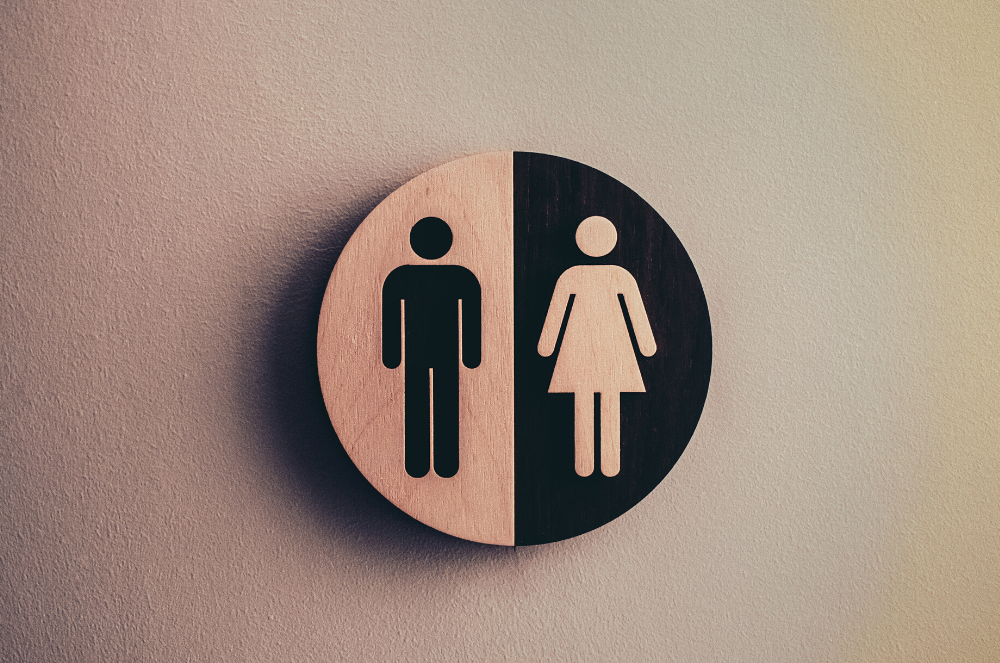The OBBBA Tax Changes, Explained Simply
On 7/4/2025 the President signed the One Big Beautiful Bill Act. I narrowed down to the ones that I believe will most likely impact you, with my POV/recommendations woven throughout. I made the headlines straightforward, so if it doesn’t apply to you, just skip to the next one.
Biz Owners - You Need to Know About the New Corporate Transparency Act
📣UPDATE on 3/26/2025 FinCEN announced: US entities and their beneficial owners are now exempt from the requirement to report beneficial ownership information (BOI) to FinCEN. Unless you are a foreign company this does not apply to you so you can forget it!
Why I *Bought* & Financed My Car When I Could Have Paid Cash
For those of you that don’t know me - cars are my thing. I’m known in my circle of friends as being the “lease queen👑” of sports cars, however I am shocked to report I BOUGHT a sports car. I haven’t bought a car since I was 16. So, why the change?
Some Banks Collapsed, But You Won't - Focus on This
With all the financial news circling (3 US Bank failures) and the uncertainty it's causing I wanted to provide reassurance, the very few things you need to make sure you are doing and my personal opinion on these current events.
Secure Act 2.0: Explained
On December 30th, the president signed a new bill - hello 👋 Secure Act 2.0 There are a LOT of changes. To help my readers….
Should You Buy an I Bond? {Ask Me Anything Money}
With inflation hitting record levels everyone is talking about Series I Savings Bonds! Why? Because the current interest rate on an I bond is….
My Take on Crypto {Ask Me Anything Money}
I'm finding that many of my clients have similar questions about their finances, so I'm startingAsk Me Anything Money (AMAM for short). This months hot burning question is….
Make the World a Better Place AND Make Money Doing it - ESG INVESTING
Are you concerned about climate change? Do you think companies should do a better job at having a positive impact on the environment and society? I have good news! Your money can make a difference while you build wealth. Welcome to ESG Investing…..
COVID STIMULUS 2.0 EXPLAINED
As it rolls out, I wanted to provide a summary of the bill in an understandable format so you know what will benefit you, while helping you to prepare and take advantage!
Should I open a Solo 401(k) or a SEP-IRA?
Business owners I have the answer for you and it is not it depends. Of the many decisions, you have to make while running a business, allow me to make this one easy for you. There are two options that are most common - here’s why I recommend the…..
Save 3X More With An HSA
I’ve been going through open enrollment season these past few months with my clients and have been amazed at how much money enrolling in an HSA can save! HSAs are a triple tax deduction and so much more…
The Umbrella Insurance Policy: Why You Need It
I love insurance! Yes, I just said that. People think they’re paying for something without real benefit, but I disagree wholeheartedly. Let me tell you why and introduce you to my favorite insurance policy….
I’m leaving my job, what should I do with my 401(k)?
Many people have lost their jobs due to COVID-19, so I thought this would be a good time to offer guidance surrounding your 401(k) options in a time of uncertainty
Getting Real About The #GENDERPAYGAP
First, allow me to lay it all out there…
Did you know women face a potential $2.5 MILLION loss towards their finances over the period of a lifetime?
Tax Wins for Small Biz Owners
As I’m writing this COVID-19 is in full force and small-businesses are struggling right now, but there are things that can help, like saving on taxes
THE STIMULUS BILL | The Essentials Explained - PART 3
In this stimulus package, there were some other changes that didn’t get a lot of press but I found to be quite important - this is the Mixed Bag and the last blog of the Stimulus series.
THE STIMULUS BILL | The Essentials Explained - PART 2
As the largest economic stimulus package in our country’s history continues to roll out, so do many questions around how this bill benefits you. Small Businesses, sole-proprietors, independent(1099) contractors & self-employed this blog is for you!
THE STIMULUS BILL | The Essentials Explained - PART 1
We are welcoming the largest economic stimulus package in our country’s history! 2 Trillion Dollars worth of aid!!
Questions on how this benefits you directly?
How to Survive A Market Crash And Win
This happens! Every time the market goes down by a huge % I receive multiple publication requests asking what I’m doing differently with my client’s portfolios or what I plan to change. My answer is
Do You Need a CPA or a Financial Planner (or Both)?
I get this question a lot and as someone who is both, I wanted to shed a light on the difference between the two and how to determine whether or not you need both.




















